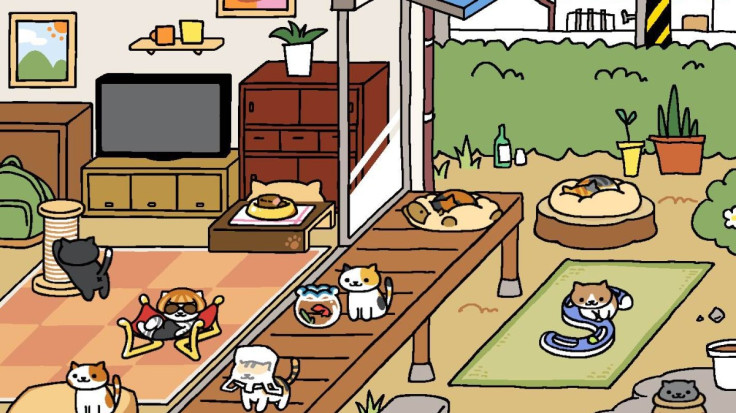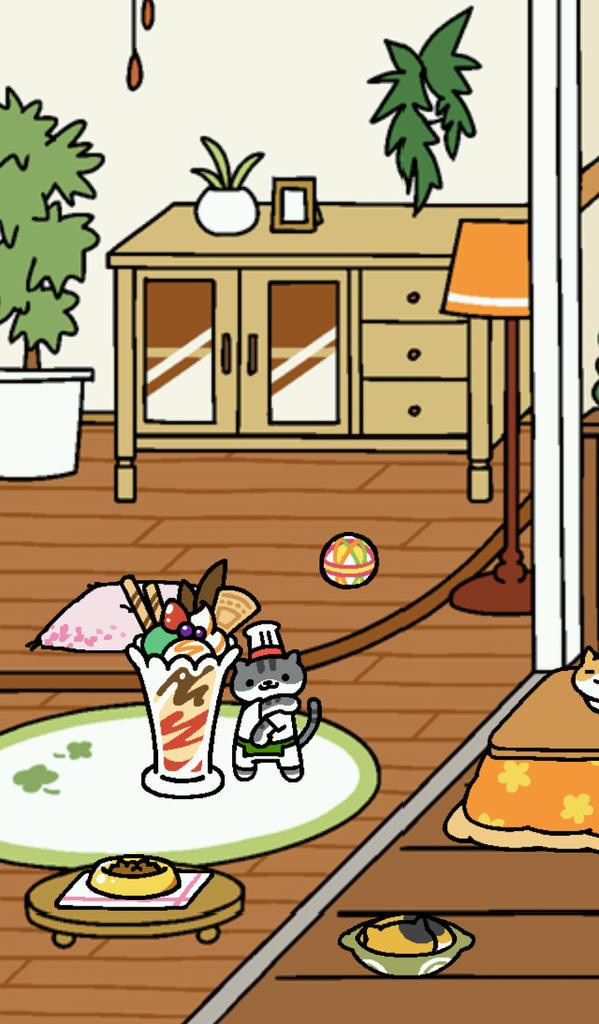Japanese online cat game Neko Atsume sees million downloads

In its continuing love affair with cats, a cat game from Japan now threatens to take over from real life peers like Tama and Maru on the popularity charts.
Called "Neko Atsume", the game has been downloaded about 5.5 million times, both on Apple and Android devices since its launch in October, according to its developer.
People with no vague idea of the language are getting addicted to a Japanese cat game online.
It encourages gamers to collect 45 different cats by putting out food and toys for the strays.
Discussion online see gamers show off their dancing pizza cats, Samurai cats and fruit Ninjas. Anything short of the disappearing Cheshire version.

There are also the more realistic ones in stripes, spots and white fur and special ones like the Prince-San wrapped in Persian carpet and emerging out of a cushion.
"The game is designed in such a way that players do not have to take too much time or energy (to play it), nor be a hardcore gamer," creator Yutaka Takazaki told CNN.
The game which took off in Japan and was picked up in the rest of Asia now has up to 40% downloads outside Japan.
Even Takazaki is puzzled at the popularity of the game which he says was made to be simple enough for children.
It is but natural that online cat games must originate from Japan which has a plethora of cat tales ranging from real to virtual.
Matching the popularity of on-screen comic character Doremon and Hello Kitty (who it turned out later was a girl and not a cat) has been the story of real cats like the celebrity Maru, or Toma the 16-year-old "stationmaster" cat that died recently and was mourned globally.
On the reality scale again, the islands of Tashirojima in Miyagi prefecture and Aoshima in Ehime prefecture are among the dozen "Cat Islands," of Japan where feral cats outnumber residents about 6 to 1.
Japanese folklore credits cats with protective and good fortune powers as also fearful. The maneki-neko (beckoning cat) figure outside shops are supposed to bring good luck while the bake-neko (gobin cat) symbolises a monster.
To Buddhists and Shintoists, cats are represented as creatures that are alternately sacred and cursed. Tokyo has two shrines devoted to cat worship.
© Copyright IBTimes 2025. All rights reserved.



















